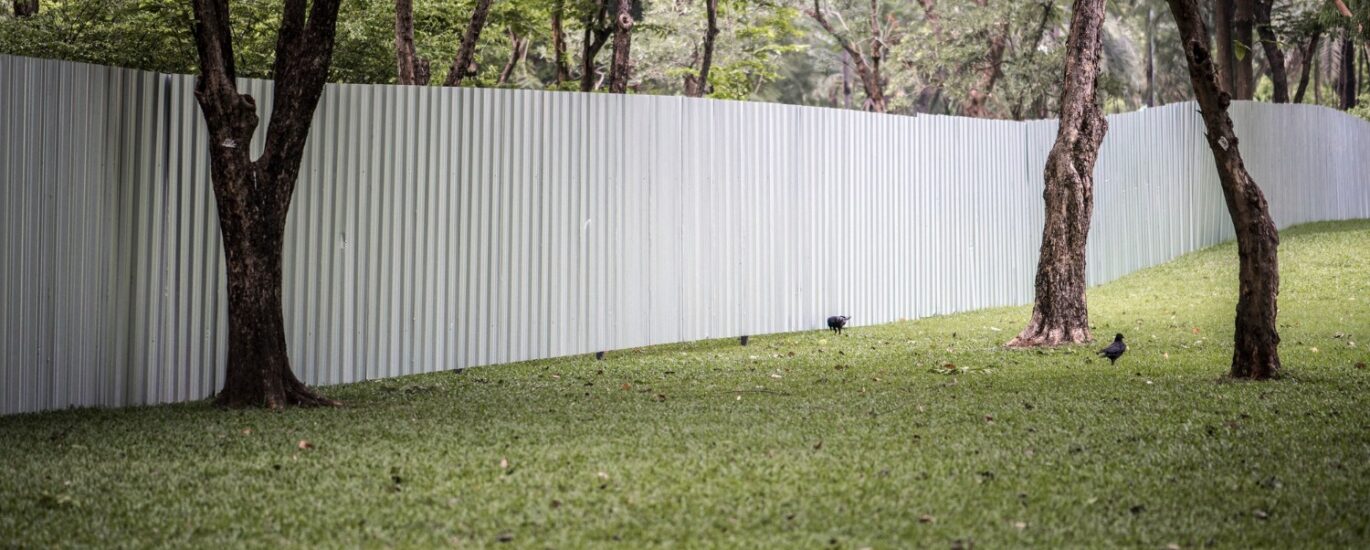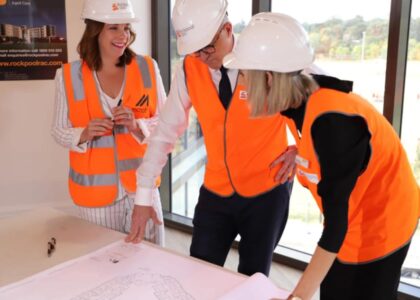Whether managing a construction project, overseeing a redevelopment, or maintaining an existing commercial property, the need for robust boundaries cannot be overstated. Installing solid site fencing ensures that a property remains protected from external risks while enabling internal operations to run smoothly. It is often the first line of defence against theft, vandalism, and unauthorised access.
Enhancing Safety for Everyone
Safety is a non-negotiable element of property management. Solid fencing around the perimeter of a property helps prevent accidents by keeping the public away from potentially hazardous areas. In active construction zones, fencing reduces the risk of injury from machinery or falling debris.
Controlling Site Access
One of the primary roles of any perimeter barrier is access control. A clearly defined and secure boundary makes it easier to monitor who enters and exits the premises. By integrating controlled access points or gates, property managers can implement visitor logs, key card systems, or surveillance to manage authorised personnel efficiently. This not only increases security but also improves accountability.
Maintaining Professional Standards
A well-maintained property sends a strong message about professionalism. Fencing is more than just a functional structure, it also shapes first impressions. Solid fencing offers a cleaner, more structured appearance than temporary or chain-link alternatives. It demonstrates to clients, tenants, and stakeholders that the site is well managed and secure.
Minimising Legal Liabilities
Liability is a significant concern in property management. If someone trespasses and injures themselves, the property owner could potentially face legal repercussions. Proper fencing mitigates this risk by making boundaries unmistakably clear and restricting access to authorised individuals only. In some jurisdictions, having fencing is a legal requirement for specific types of properties or developments.
Shielding Sensitive Activities
Certain property management operations require discretion, whether it’s a high-profile development, a confidential client meeting, or the delivery of sensitive materials. Solid fencing offers complete visual screening, allowing for privacy during these activities. This can be particularly important for corporate clients or developers working on competitive projects.
Reducing Environmental Impact
Solid fencing can also serve as a barrier to dust, debris, and noise. In urban environments, this containment helps reduce disruption to nearby residents and businesses. It also contributes to meeting local environmental and planning regulations, which increasingly demand lower-impact home construction practices.
In property management, solid site fencing is not just a security measure, it’s a strategic asset. It safeguards people, assets, and reputations while supporting operational efficiency. When chosen and installed correctly, fencing becomes a cornerstone of responsible and effective site management.






